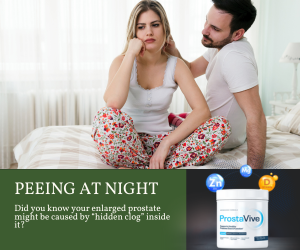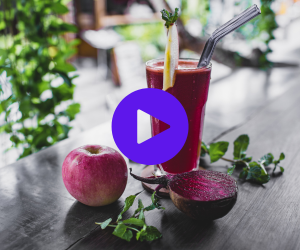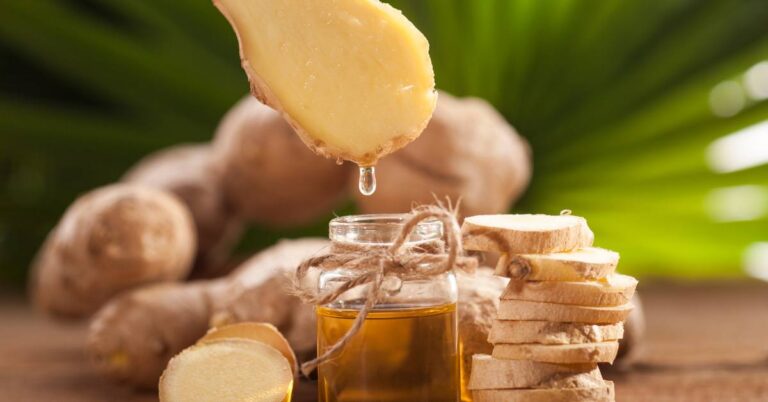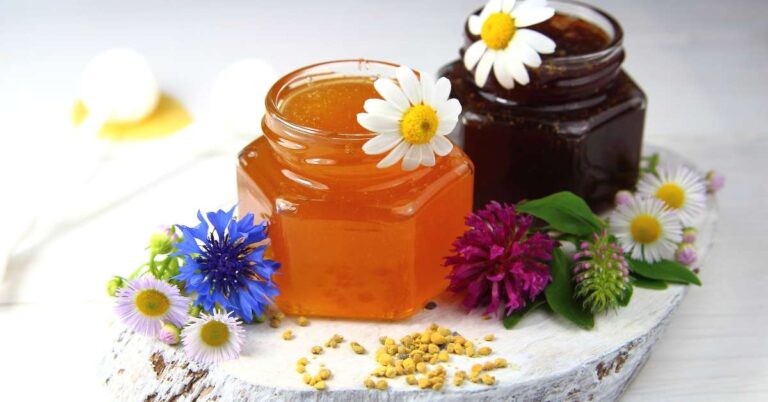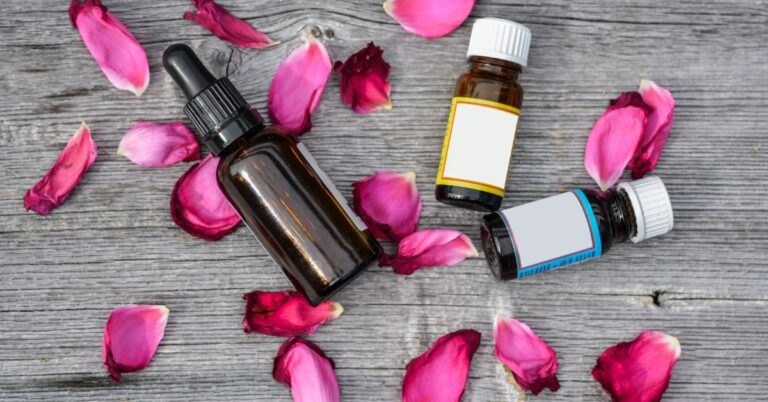Essential Oils for Bruises: Natural Remedies for Pain and Healing
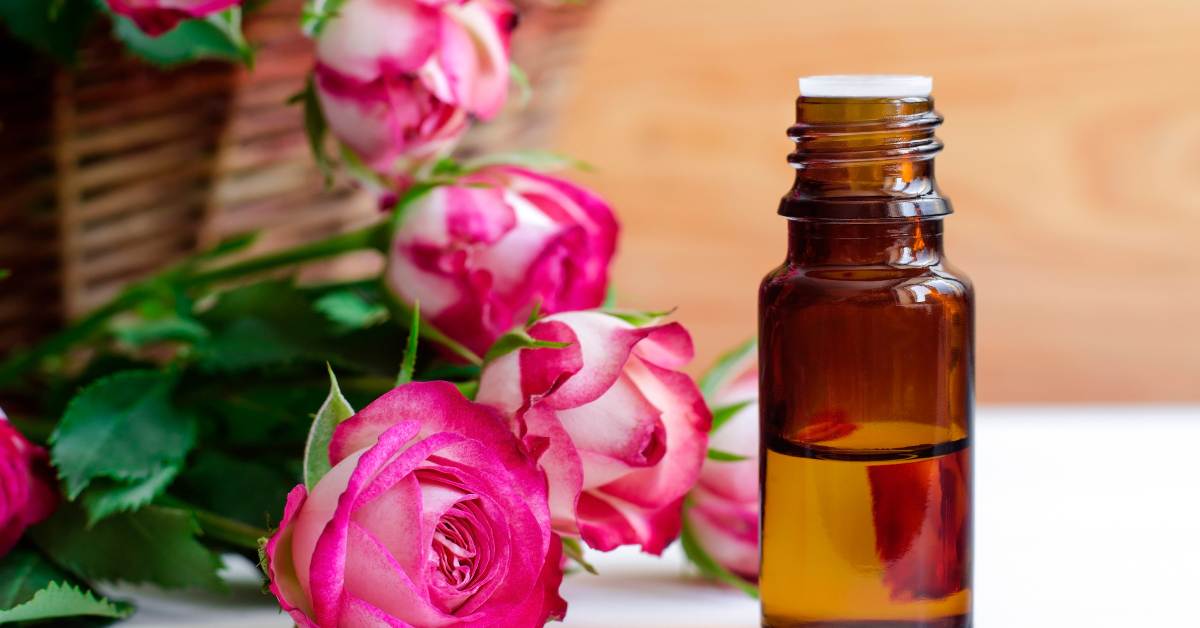
Popular natural medicines that are simple to apply at home include essential oils. They are concentrated plant extracts with the plant’s organic aromatic ingredients and are well-known for their healing qualities. The treatment of bruises is one possible use for essential oils. Want to try essential oils for bruises but need help knowing where to start? This beginner’s guide has everything you need to know, including top oil picks.
There is rising evidence to support the use of essential oils for bruise treatment, which herbalists and other practitioners have long advised. According to research, certain oils contain anti-inflammatory and pain-relieving qualities that may assist in lessening the swelling and discomfort brought on by bruises.
This post will examine the advantages of using essential oils to treat bruises and how to do it most effectively.
What Are Bruises?
Understanding bruises and how they happen is crucial before discussing the advantages of using essential oils for bruising.
Bruises are a frequent form of injury when blood vessels close to the skin’s surface burst, allowing blood to flow into the nearby tissues. Pain, swelling, and skin discoloration may result from this and may be brought on by a blow, bump, or other injuries.
Bruises may be uncomfortable and unattractive, but they typically go away in a few days to a week. Natural cures, on thd in accelerate the healing process and minimize suffering.
How Do Essential Oils Help with Bruises?
Natural substances included in essential oils have anti-inflammatory and pain-relieving qualities. These substances may lessen the discomfort, swelling, and inflammation of bruises.
Essential oils may reach circulation after being applied topically and provide systemic comfort. Some oils also include antibacterial qualities, which may aid in preventing infection in tissues that have been injured.
The Best Essential Oils for Bruises
Bruises may be treated using a variety of essential oils, each of which has special qualities and advantages. The following are some of the top oils for bruises:
Lavender Oil
One of the most often used essential oils for bruises is lavender oil. It contains analgesic and anti-inflammatory qualities that may help to lessen the discomfort and swelling that come with bruises. Additionally, lavender oil has a calming impact that may aid in promoting relaxation and lowering tension.
Apply a few drops of lavender oil to the bruised region after combining them with a carrier oil (such as coconut or almond). A few drops are added to a warm bath for 15 to 20 minutes of soaking.
Helichrysum Oil
Another excellent essential oil for bruising is helichrysum oil. It is renowned for aiding healing and has analgesic and anti-inflammatory qualities. Additionally, helichrysum oil possesses astringent qualities that may aid in toning and tightening the skin.
Apply a few drops of helichrysum oil to the bruised region after combining it with carrier oil. Apply a warm compress to the bruise for 10 to 15 minutes after adding a few drops.
Chamomile Oil
A soft and calming essential oil for bruises is chamomile oil. It is well recognized for its soothing and relaxing effects and has analgesic and anti-inflammatory qualities. Children and others with sensitive skin may use chamomile oil with no harm coming to them.
Apply a few drops of chamomile oil to the bruised region after combining it with a carrier oil. Apply a warm compress to the bruise for 10 to 15 minutes after adding a few drops.
Frankincense Oil
A potent essential oil with analgesic and anti-inflammatory effects is frankincense oil. It is well-recognized for encouraging cell renewal and repairing injured tissues. Additionally, frankincense oil has a calming impact that may aid in promoting relaxation and lowering tension.
Apply a few drops of frankincense oil to the bruised region after combining it with a carrier oil. Apply a warm compress to the bruise for 10 to 15 minutes after adding a few drops.
Peppermint Oil
For bruising, peppermint oil is a calming and revitalizing essential oil. It is widely recognized for lowering inflammation and discomfort because of its analgesic and anti-inflammatory effects. Additionally, peppermint oil has a cooling impact that may aid in soothing and reviving the skin.
Apply a few drops of peppermint oil to the bruised region after combining it with a carrier oil. Since peppermint oil may irritate the eyes and mucous membranes, avoid getting it in those areas.
How to Use Essential Oils for Bruises
Depending on the degree of your injury and particular preferences, numerous methods exist to utilize essential oils for bruises. Some of the best techniques are listed below:
Topical Application
Topical application is the most often used to treat bruises using essential oils. Apply a few drops of the selected oil to the afflicted region after combining it with a carrier oil (such as coconut or almond oil). A warm compress may also be applied to the skin to aid the oil’s deeper penetration.
Avoid putting too much pressure on the bruise, and softly massage the oil into the skin. This procedure may be repeated as many as necessary during the day.
Aromatic Use
Aromatic application is another approach to treating bruises using essential oils. This entails using an aromatherapy necklace or diffuser to disperse the oil in the air. This approach helps hasten the healing process by encouraging relaxation and lowering tension.
Take a Bath
You may also add essential oils to a warm bath to treat bruises. Add a few drops of the essential oil of your choice to the bathwater. Soak for 15 to 20 minutes. This technique may ease discomfort and encourage relaxation.
When should I see a doctor for bruising?
It’s crucial to consult a doctor if you have significant bleeding after an accident. Additionally, it’s a good idea to contact a doctor if you bruise easily or regularly without an obvious explanation. This can signify a hidden medical issue, such as a blood problem or vitamin deficit.
Other indications that a bruise needs medical attention include the following:
- The bruise is over a bone, especially in the face or near the eye.
- The bruise is very large or painful.
- You have difficulty moving the affected limb or joint.
You get a fever or other infection-related symptoms close to the bruise.
See your doctor if you worry about your bruise or if it is not healing correctly. They can suggest the most effective course of therapy and assist in identifying the underlying reason.
FAQs about essential oils for bruises
Following are some often-asked questions and responses regarding using essential oils for bruises:
Q: Can essential oils help with bruises that are deep or severe?
A: While essential oils might assist with bruise-related pain and swelling, they might not be as useful for more serious wounds. It’s crucial to get medical help if you suffer a major injury.
Q: Are there any essential oils that should be avoided for bruises?
A: Because they might irritate the skin, certain essential oils, such as cinnamon and clove oil, should be avoided while treating bruises. Always appropriately dilute essential oils before usage, and check for sensitivities by doing a patch test on a tiny piece of skin.
Q: How long does it take for essential oils to work on bruises?
Depending on the extent of the damage and the person’s reaction to the oil, different essential oils for bruises may have varying degrees of success. While some individuals could experience benefits in as little as a few hours, others might need several days.
Q: Can essential oils be used on children for bruises?
A few essential oils, such as chamomile and lavender oil, are mild enough to be used for bruises on youngsters. When applying the oils to the bruise, it’s crucial to dilute them appropriately and to apply them without using too much force. A pediatrician should always be consulted before administering essential oils to children.
Q: Can essential oils be combined with other treatments for bruises?
Yes, you may use essential oils in conjunction with traditional bruise remedies like cold packs and painkillers. However, seeing your doctor before beginning new therapies is crucial, particularly if you’re already on medicine.
Q: Are there any precautions I should take when using essential oils for bruises?
Essential oils should never be used straight to the skin; always adequately dilute them before usage. Always do a patch test on a small skin area to check for responses. Go to the hospital if you have a major injury.
Conclusion
Bruises may sometimes be treated naturally using essential oils. Oil like frankincense and peppermint may ease discomfort and improve recovery by reducing pain and swelling. However, it’s crucial to utilize essential oils correctly and carefully. Serious injuries should also be taken to a doctor.
See your doctor or a licensed aromatherapist if you have any queries or worries about using essential oils for bruising.



